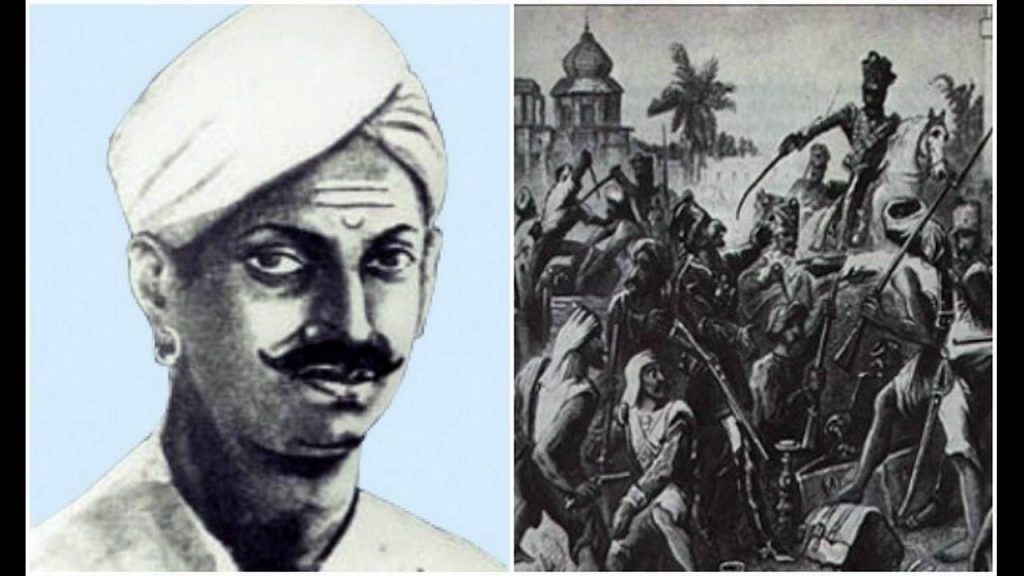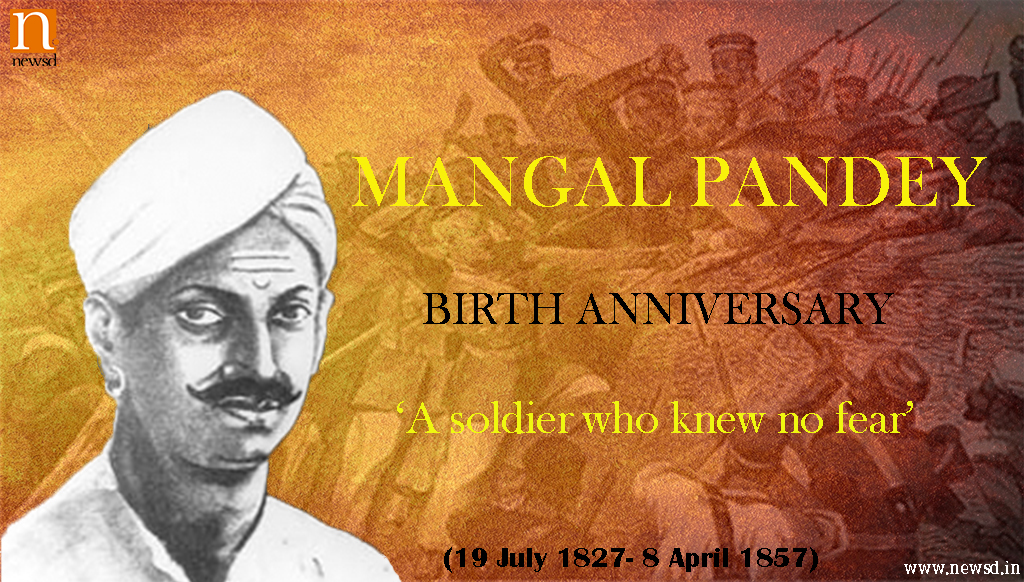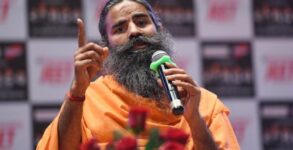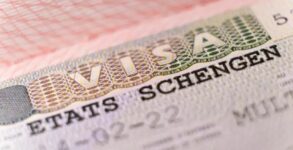Born on July 19, 1827 in Uttar Pradesh’s Ballia district, Mangal Pandey was a sepoy of the British East India Company in the 34th Bengal Native Infantry regiment. He is known for kicking off the first war of India’s freedom struggle against the British regime in 1857. He attacked the British officers in North Kolkata’s Barrackpore on March 29, 1857. The British government termed him as a traitor and rebel but he was not less than a ‘hero’ for lakhs of Indians who were struggling to get independence. However, he was detained and hanged by the Britishers on April 8, 1857.
Pandey is known for his bravery and never-die-attitude and regarded as the ‘hero’ of modern India. Looking at his contribution towards the freedom struggle of the country, the government of India issued a postal stamp in his honour on October 5, 1984. Besides this, the government also commemorated him by naming a park after his name. The park ‘Shaheed Mangal Pandey Maha Udyan’ where he attacked the British officers and was hanged was named after him.
Rukhmabai Raut, India’s first practicing woman doctor who also fought child marriage!
HERE IS A BRIEF TIMELINE OF THE EVENTS WHICH SPARKED THE FREEDOM STRUGGLE:
- Born in the year 1827, Pandey joined the East India Company army in 1849. At the age of 18, he witnessed a column of sepoy infantry on march, which propelled him to join the company.
- Majority of people in the army were Muslims and Hindus
- In August 1856, greased cartridge production was initiated in Kolkata, following a British design
- By January 1857, rumours had been taking rounds that the English cartridges were greased with animal fat
- This was further sparked during a fight, when a low-caste sepoy taunted a high-caste sepoy for ‘losing his caste’ after biting the cartridge as they were greased with the fat of pigs and cows
- There had also been rumours that the British were trying to destroy the religions of the Indian people
- In January, the Miltary Secretary ordered that all the cartridges were to be free from grease, and that sepoys could grease them themselves using whatever mixture
- On February 26, 1857, the 19th Bengal Native Infantry (BNI) regiment became concerned, as the new cartridges which were being issued to them were wrapped in paper greased with cow and pig fat, which had to be opened by mouth thus affecting their religious sensibilities
- Pandey led a group of Indian soldiers to refuse the use of cartridge
- On March 29, 1857, 29-year-old Mangal Pandey, angered by the recent actions of the East India Company, declared that he would rebel against his commanders, at Calcutta’s Barrackpore parade ground
- He started the revolt by attacking his British sergeant, Lieutenant Baugh
- After attacking him, Pandey even tried to shoot himself
- Mangal Pandey’s execution was scheduled for April 18 but was carried out ten days before on April 8.


















